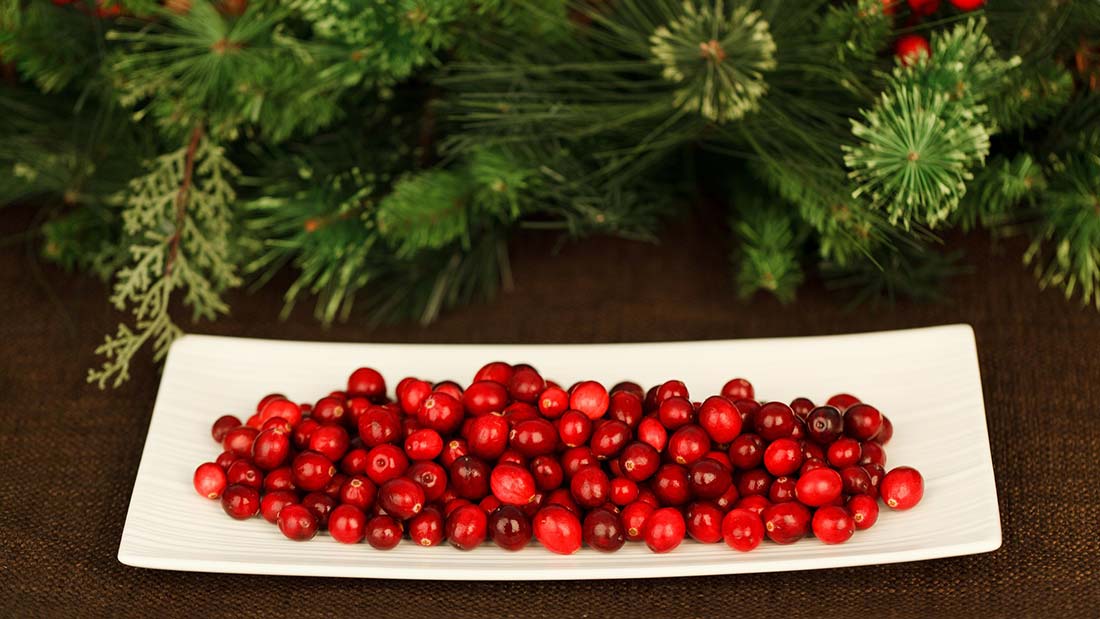Cranberries are not just for Christmas
Research from the University of Rochester Medical Centre in New York showed that cranberry juice contains a compound that prevents bacteria from sticking to your teeth and so reduces the build up of damaging dental plaque (a sticky substance containing acids and bacteria that causes tooth decay).
Oral biologist Dr Hyun Hoo showed that cranberry juice disrupts the formation of glucan, the main building block of dental plaque. Like cement is used to build a brick wall, bacteria use enzymes known as glucosyltransferases to build up plaque until it forms a coating that provides a safe haven for bacteria to inhabit.
Hoo’s research team found that cranberry juice can prevent bacteria from forming plaque by inhibiting these enzymes. To test the effectiveness of cranberry juice, Hoo coated a synthetic material that resembles tooth enamel with the juice and then applied the bacteria that cause cavities (Streptoccus mutans). He collected data over seven months and results show that the cranberry juice was around 80 per cent effective in protecting teeth. However, Hoo warned that the sugar that is usually added to cranberry juice can contribute to cavities and that the natural acidity of the juice may also lead to tooth decay. So don’t drink it too often!
Cranberry juice is also effective in preventing and treating urinary tract infections and it is thought that this occurs by a similar mechanism; it inhibits the adhesion of pathogenic bacteria to the surface of the bladder.
Koo H, Nino de Guzman P, Schobel BD, Vacca Smith AV, Bowen WH. 2006. Influence of cranberry juice on glucan-mediated processes involved in Streptococcus mutans biofilm development. Caries Research. 40 (1) 20-27.





